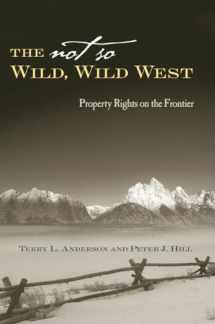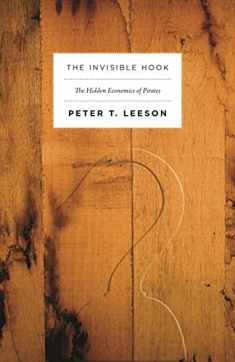
The Not So Wild, Wild West: Property Rights on the Frontier (Stanford Economics & Finance)
Book details
Summary
Description
Mention of the American West usually evokes images of rough and tumble cowboys, ranchers, and outlaws. In contrast, The Not So Wild, Wild West casts America's frontier history in a new framework that emphasizes the creation of institutions, both formal and informal, that facilitated cooperation rather than conflict. Rather than describing the frontier as a place where heroes met villains, this book argues that everyday people helped carve out legal institutions that tamed the West.
The authors emphasize that ownership of resources evolves as those resources become more valuable or as establishing property rights becomes less costly. Rules evolving at the local level will be more effective because local people have a greater stake in the outcome. This theory is brought to life in the colorful history of Indians, fur trappers, buffalo hunters, cattle drovers, homesteaders, and miners. The book concludes with a chapter that takes lessons from the American frontier and applies them to our modern "frontiers"―the environment, developing countries, and space exploration.


We would LOVE it if you could help us and other readers by reviewing the book
Book review





